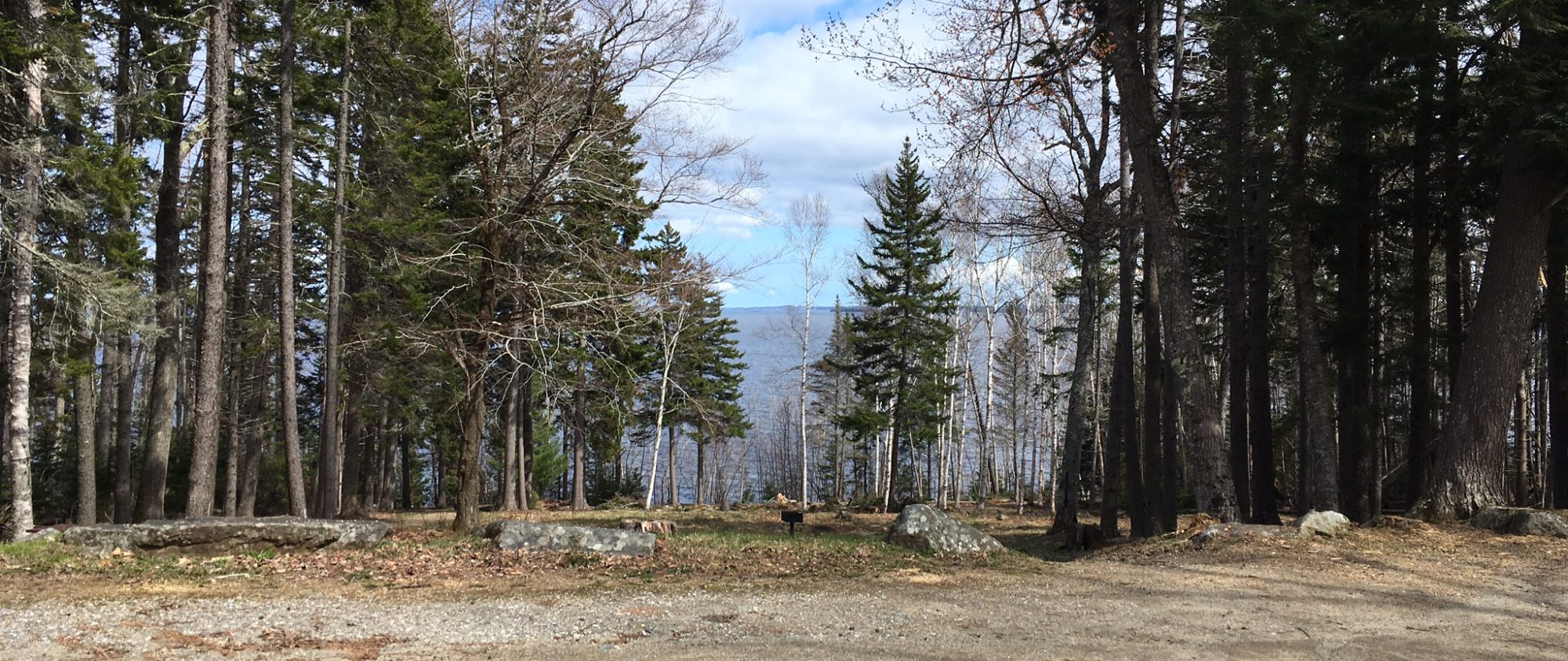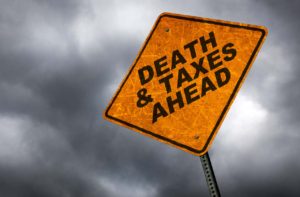Last time I wrote about how when I was horrifically ill in my senior year of high school, I developed compulsive fears based on the notion that I had caused myself to be sick. While the fear and anxiety appeared during the illness, the core belief driving them had existed for longer. When I was healthy, I believed on a certain level that I had caused myself to be healthy.
I never would have said it so bluntly, and maybe would never have become conscious of this belief had it not been so rudely challenged. But there are reasons we value our health and view it as something we don’t want to lose.
For me, the thing I most feared losing was the ability to run, competitively or for leisure. In high school, endurance sports were my passion. I ran cross country and track and I cross-country skied in the winter. These activities were hugely beneficial in my life. Growing up I had been prone to occasional Very Bad Moods where my thoughts would turn dark and angry and I would become sullen. After I started running regularly the mood episodes disappeared; I remember maybe a single incident, but otherwise I was calm or cheerful nearly all the time. Further, I gained new mental abilities that I had never had before at all, chiefly flexibility. Before I started running, tolerating a change of plan or being spontaneous was not at all in my wheelhouse. I feel that vigorous exercise “balanced the chemicals” so that I could exist more in the moment. I received comments from friends on how despite being one of the top students in my class, I never seemed stressed or worried.

Additionally, running gave me a sense of community. Yes, I made lifelong friends on my teams, but beyond that I felt a sense of shared purpose that transcended whether I liked each individual or whether they liked me. Whatever squabbles or drama might have occurred, as a squad we were united behind our race strategy and our dreams of success. I developed a kind of wolfpack mentality, that I had everyone’s back and they had mine.
Given all the benefits running had for my life while I wasn’t doing it, and how darn good I felt while doing it, I did not want to believe that it was something I could lose. It had become a way of being, an identity. When teammates had to retire their careers due to injuries or medical conditions, I didn’t want to fully see it. I didn’t want to believe it could happen to me.
Yet in my senior year of high school, plagued by fatigue and post-exertional malaise, I had to face my greatest fear head-on. It could happen to me. Letting go of my participation in sports, not knowing whether temporarily or permanently (it has been permanent so far, but I have been able to do varying amounts of exercise over the years), was extremely tough. But what was tougher – and indeed, hasn’t really happened for me – was letting go of the need to know, to be certain. The need to be able to pack what I saw in the world into neatly labeled boxes that would rest easy in the dusty attic of my brain.
When I was a kid, I thought doctors were certainty. I remember one time around age 8 or 9 when I got some vague illness, with a stomachache, fever, and fatigue. I remember my only real concern being whether I would throw up, since throwing up scared me so much. Seeing my distress, Mom took me to the doctor (I think it was the ER), and I had it in my head that this doctor knew whether whatever I had was going to make me throw up or not. I don’t remember what the doctor said other than that I was probably going to be fine, but somehow in my mind I twisted whatever she said as a reassurance that I was not going to throw up – because who would care about anything else? Knowing this stuff was the doctor’s job, dammit. I didn’t realize that Mom’s concern was probably more along the lines of “Is my child going to develop meningitis and die,” but this would have seemed more trivial to me.
After that ER visit, I was still sick and tired and would remain so for a couple days, but my distress and fear was entirely lifted. I had projected onto the doctor this certainty that in reality she could not possibly have provided, because nothing in life really can.
My health will be good was one thing I probably used to think was a certainty – again, even if I wouldn’t have said this was true, I acted as if it were true. Another more specific thing I had learned was when I get sick, I know I’ll get better. This was just true based on experience – every time I had come down with some kind of problem, it never lasted too long. Even my longer-lasting medical issues had never been stumpers – usually easily treatable issues like anemia or molluscum.
But as weeks turned into months that fall of 2011, life exposed to me the lie of I know I’ll get better. For the first time in my life, I truly didn’t know and nor did my doctor, though she had an educated guess. I was one of her more severe cases of IBD, and, not understanding my treatment options very well at that time, I could not say if I would ever hold a job or attend college.
Having done both now (though never full-time on the job front), maybe you should feel reassured reading this. What I was able to do was somewhat adapt to the changes in my abilities, and ask that my college and employers adapt with me. What I never can predict with much accuracy is what those abilities will be – next minute, next hour, next day-week-month-year-decade. I step into uncertainty the moment I wake up – but boy do I fight acceptance of the unknown. I do not want to keep guessing at whether I will be strong enough to make dinner tonight, whether I will be able to focus enough to enjoy a book or write a blog, whether the next treatment I try will be a game-changer. To this day, I demand a certainty from my doctors that they are unable to give. I want them to tell me they know I will get much better, so much better, and that they know exactly how to do it. Reassurance and hope are definitely something they give me, and it is appreciated. But they will never give certainty. All I can do is contemplatively step into the questions, and sometimes I take great spiritual comfort in letting go of the need for an answer.
But boy, isn’t that a pain in the ass to have to do all the time?

